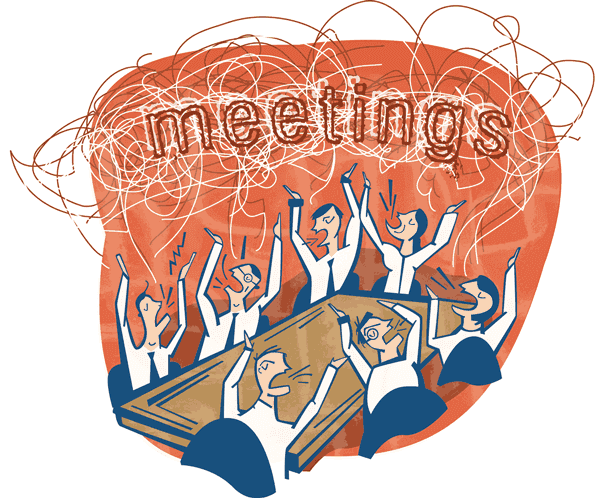How to Improve your English Listening Comprehension
Do you find that spoken English is sometimes difficult to understand?
Do you watch Friends on Netflix and feel like you’re understanding everything? Then suddenly you hear the background laugh of the studio audience – and you can’t figure out why they are laughing?
Do you ever have conversations in English where everything is ok – and then the other speaker says an entire sentence as if there were no spaces between the words?

If this sounds familiar, then you’re in the right place!
In this guide we will explain why understanding spoken English is difficult, and how you can improve your listening comprehension.








